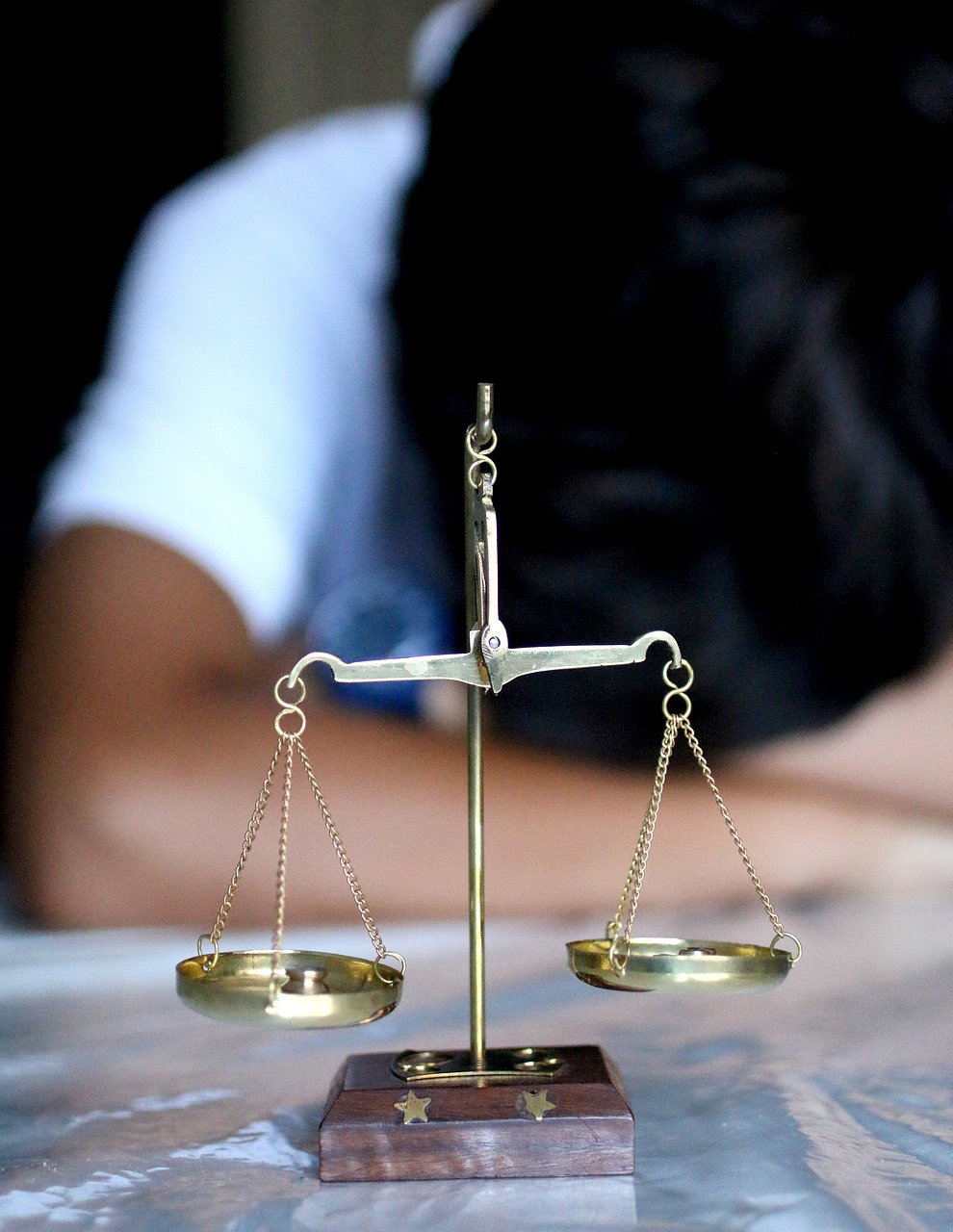Facing criminal charges can be overwhelming, especially if you don’t fully understand your legal rights. Whether you’re dealing with a misdemeanor or a serious felony, the justice system can be confusing, and one wrong move could affect your future. This is where having a criminal defense lawyer on your side becomes crucial. They help you navigate the legal process, protect your rights, and ensure you get a fair defense.
Knowing Your Basic Legal Rights
The law provides certain protections to anyone accused of a crime. Understanding these rights is the first step in defending yourself:
- The Right to Remain Silent – You are not required to answer questions from law enforcement without an attorney present. Anything you say can be used against you, so it’s best to stay quiet until you have legal counsel.
- The Right to Legal Representation – If you are arrested, you have the right to an attorney. If you cannot afford one, the court will appoint a public defender.
- The Right to a Fair Trial – You are entitled to a fair and impartial trial. This means a jury of your peers, the ability to present evidence, and the right to challenge the prosecution’s case.
- The Right to Due Process – Law enforcement and prosecutors must follow legal procedures when investigating and prosecuting a case. If they violate these procedures, it could weaken their case against you.
Why Having a Criminal Defense Lawyer Matters
Even if you believe you are innocent, navigating the legal system alone can be risky. A skilled defense attorney provides several key advantages:
1. Understanding the Charges Against You
Many people don’t fully grasp the charges they’re facing or their potential consequences. A defense lawyer can explain the charges in plain language, helping you understand what’s at stake and what legal options are available.
2. Building a Strong Defense Strategy
A good attorney doesn’t just react to accusations—they create a defense plan tailored to your situation. This may include gathering evidence, interviewing witnesses, challenging the prosecution’s evidence, or negotiating a reduced charge.
3. Handling Police and Prosecutors
Law enforcement officers and prosecutors are trained to build cases against suspects. They may use interrogation tactics to get you to say something that could harm your case. A defense lawyer protects you from aggressive questioning and ensures you don’t unintentionally damage your defense.
4. Negotiating Plea Deals When Necessary
In some cases, taking a plea deal may be in your best interest, especially if the evidence against you is strong. A defense attorney can negotiate with prosecutors to reduce charges, lessen penalties, or explore alternative sentencing options.
5. Representing You in Court
If your case goes to trial, having an experienced attorney can make all the difference. They know how to present arguments, cross-examine witnesses, and challenge evidence to build a strong case in your favor.
Common Mistakes to Avoid When Facing Criminal Charges
When dealing with a criminal case, certain missteps can make things worse:
- Talking to the Police Without an Attorney – Even if you think you’re just explaining your side of the story, anything you say can be used against you.
- Failing to Show Up for Court – Missing a court date can lead to a warrant for your arrest and additional legal trouble.
- Posting About Your Case on Social Media – Anything you post online could end up as evidence in court. It’s best to stay offline when facing legal issues.
- Ignoring Legal Advice – If your attorney advises you not to speak to certain people or take specific actions, follow their guidance to avoid complications.
What to Do If You’re Arrested
If you find yourself under arrest, staying calm and following these steps can help protect your rights:
- Remain Silent – Politely inform the officers that you wish to remain silent until you have a lawyer present.
- Do Not Resist Arrest – Even if you believe the arrest is unfair, resisting can lead to additional charges.
- Request an Attorney – Ask for a criminal defense lawyer immediately. Do not discuss your case with anyone else, including cellmates.
- Avoid Signing Anything – Do not sign statements or plea deals without consulting your attorney first.
Conclusion
Being accused of a crime is serious, but understanding your legal rights and having a strong defense can make all the difference. A criminal defense lawyer ensures that your rights are protected and fights for the best possible outcome. Whether it’s negotiating a plea deal, challenging the prosecution’s case, or representing you in court, their expertise is invaluable. If you or someone you know is facing criminal charges, don’t take chances—get legal representation as soon as possible.




 (1).png)

Comments